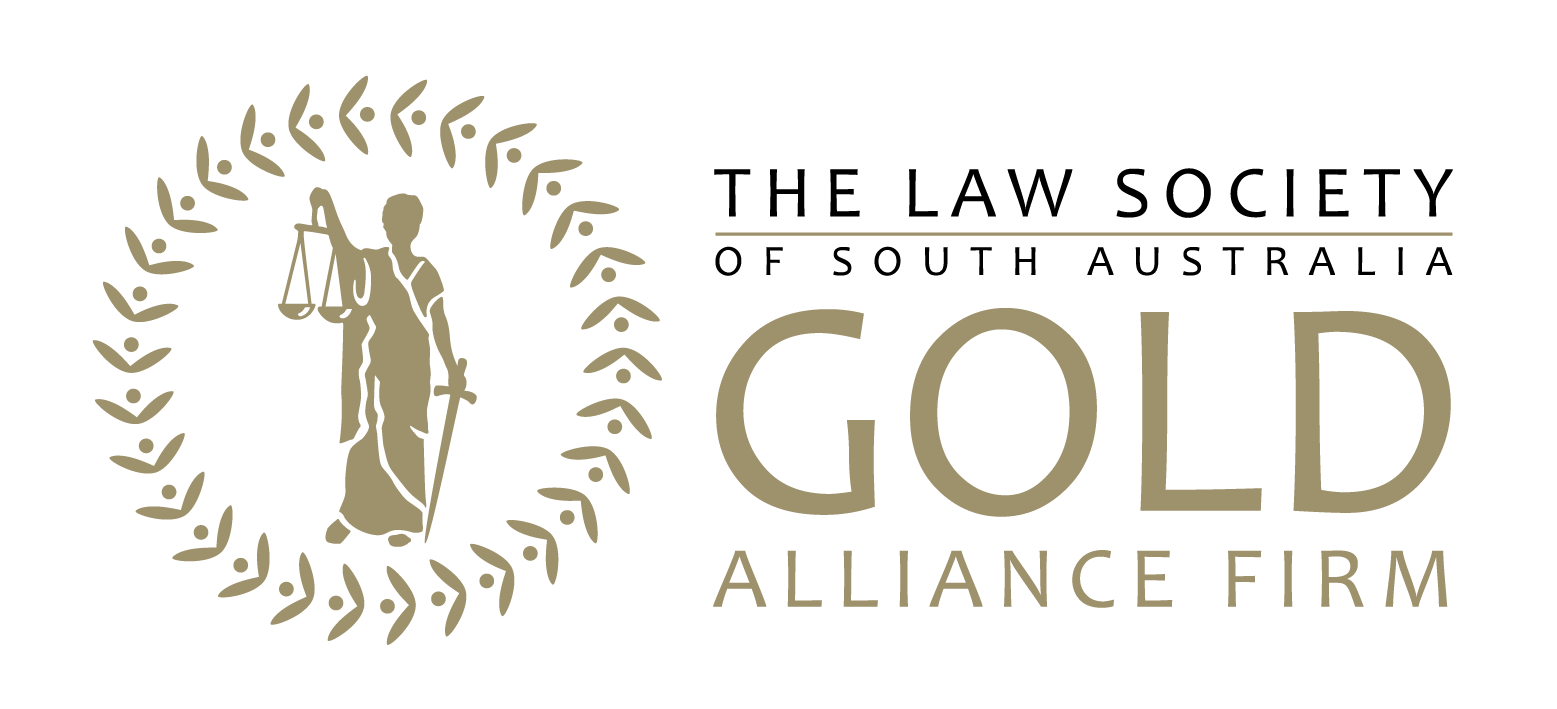Schedule an Appointment
Leading Lawyers in South Australia
Intervention Orders, also known as Restraining Orders, Domestic Violence Orders, or Apprehended Violence Orders (AVO) are orders to restrict the behaviour or actions of a particular person. They usually come about through an assault, threat(s), intimidation, or harassment of a person or persons. In South Australia, Intervention Orders can be issued by the police or the Magistrates Court to prevent an act of abuse or violence.
There are two different types of Intervention Orders:
- Police Interim Intervention Orders, or
- Private Intervention Orders
All Intervention Orders are covered under the Intervention Orders (Prevention of Abuse) Act 2009.
All Intervention Orders are Interim (temporary) Orders until the Court finalises them.
Police Interim Intervention Order (PIIO)
PIIOs are orders that the police can issue and serve on an alleged perpetrator. These usually come about through reports of domestic violence. If police reasonably suspect that a person will commit an act of abuse against another unless some intervention is provided, then issuing an Interim Intervention Order is deemed appropriate in the circumstances.
All Intervention Orders are Interim (temporary) Orders until the Court either:
- confirms the order.
- varies or substitutes the interim order.
- revokes the interim order.
An Intervention Order begins once the police personally serve the document to the respondent by hand.
Private Intervention Orders (for the Protected Person)
If the police are not willing or prepared to issue a PIIO (usually due to a lack of evidence), then you can submit an application for a Private Intervention Order. You will be required to provide evidence supporting abuse, threats, intimidation, and/or harassment. This can be in the form of texts, emails, letters, etc. to outline the behaviour and actions of the Defendant.
Threats and intimidation against you and/or your family members and physical injuries are the most common reasons Intervention Orders are issued. Additionally, emotional or psychological harm as well as financial, social, and personal harm can also constitute grounds for an Intervention Order.
Intervention Orders can prevent someone who is harassing, threatening, or abusing you from having any contact with you. Some of the orders may include the following:
- the defendant not being allowed to come to your home or place of work
- the defendant not being permitted to go to your children's school
- the defendant not being able to phone you or send you messages and emails
- the defendant not being permitted to follow you or keep you under surveillance.
Distances can be put in place so that the defendant cannot come within 50 m or 100 m of you, your home, or your workplace.
Protected Person
Section 7 of the Intervention Orders (Prevention of Abuse) Act 2009 (SA) provides that:
- An Intervention Order may be issued for the protection of
o Any person against whom it is suspected the Defendant will commit an act of abuse; or
o Any child who may hear or witness, or otherwise be exposed to the effects of, an act of abuse committed by the defendant against a person.
- An intervention order may be issued for the protection of a person even if that person is not an applicant for the order and the application is not made on his or her behalf.
- If an issuing authority proposes to intervene against a defendant for the protection of more than one person, it may do so by issuing a single Intervention Order or by issuing multiple Intervention Orders, as it considers appropriate in the circumstances.
Defendants
If you have been served either a PIIO or an Intervention Order you will have a Court date to answer to the Intervention Order. If you do not attend court, the order may be made final in your absence.
It is important not to breach the conditions of an Intervention Order. Once served with an Intervention Order you must obey it and may be charged with a criminal offence if ignored or breached. Penalties may apply, including fines and terms of imprisonment.
Receiving an Intervention Order is not a criminal matter, and you will not have a criminal record if one is issued against you. However, if you disobey and breach the order, then you may be charged with a criminal offence and receive a criminal record for the breach.
An Intervention Order is indefinite. They are ongoing orders and will remain in place until removed by the Court.
You can consent to certain orders without admission in order to finalise Intervention Orders. For example, you may be able to consent to Intervention Orders being finalised without any admission if you agree to orders such as:
- The Defendant must not assault, threaten, harass, or intimidate the protected person(s).
- The Defendant must not damage or interfere with the premises where the protected person(s) stays, resides, or works.
- The Defendant must not publish on the internet or by any electronic means any material about the protected person(s).
- The Defendant must not follow or keep the protected person(s) under surveillance, including tracking by GPS or otherwise.
- The Defendant must not cause, allow, or encourage another person to do anything forbidden by this order.
We at times consent to these above conditions of Intervention Orders as no person is legally allowed to breach them in any respect.
Are Intervention Orders a criminal charge?
It is important to understand that an Intervention Order is not a criminal charge.
A person subject to an Intervention Order will not receive a criminal conviction, and it will not appear on their criminal antecedent’s report.
But an Intervention Order will and can appear on certain background checks, Police Clearances, and Working with Children Checks.
The Test
What you must ask yourself is the following:
- It is reasonable to suspect that the defendant will, without intervention, commit an act of abuse against a person; and
- the issuing of the order is appropriate in the circumstances.*
The burden of proof lies with the Applicant and an Intervention Order application will be decided on the balance of probabilities.
*Section 6 of the Intervention Orders (Prevention of Abuse) Act 2009 (SA) defines the grounds for the issuing of an Intervention Order.
What is Abuse?
The legislation has given the word abuse a very broad definition.
"Abuse" may take many forms, including physical, sexual, emotional, psychological, or economic abuse.
An act is an "act of abuse" against a person if it results in or is intended to result in:
- Physical injury;
- Emotional or psychological harm;
- An unreasonable and non-consensual denial of financial, social, or personal autonomy; or
- Damage to property in the ownership or possession of the protected person, used, or otherwise enjoyed by the protected person.
Defending an Intervention Order
- Most importantly, DO NOT breach the Interim Intervention Order.
- If you breach the Interim Intervention Order, you can and most likely will be charged with a criminal offence.
- It then becomes much more difficult to defend the Intervention Order.
- You will need to assess the evidence set out in the affidavit of the application and determine its merit.
Negotiating an Intervention Order
- There is room to negotiate the Intervention Orders. Yet this is conditional and depends on the circumstances of the matter.
- If there is no substance or merit to the orders, we would write to the prosecution and invite them to withdraw the Application, and list the reasons.
- We can always enter into a Civil Undertaking.
Civil Undertaking
- A Civil Undertaking is a final agreement where the Applicant agrees to withdraw their Application and the parties enter into an agreement (Civil Undertaking).
- These usually have the same terms as the Intervention Order.
- A Civil Undertaking is not a criminal charge or an Intervention Order.
- A Civil Undertaking will not appear in background checks, police checks, or your criminal record.
Reach Out to Us
For enquiries, please fill out the form. Our representative will get back to you soon.
Contact Us
We will get back to you as soon as possible.
Please try again later.
For the best representation and adequate guidance in all legal matters, approach the experts at Nathan White Lawyers. Call us for a free first consultation.
Visit Us
375 Greenhill Road, Toorak Gardens SA 5065
Service Area: South Australia, Australia-Wide
Business Hours
- Mon - Fri
- -
- Sat - Sun
- Appointment Only
-
Button
Member of the Law Society of SA (Gold Alliance Firm)







